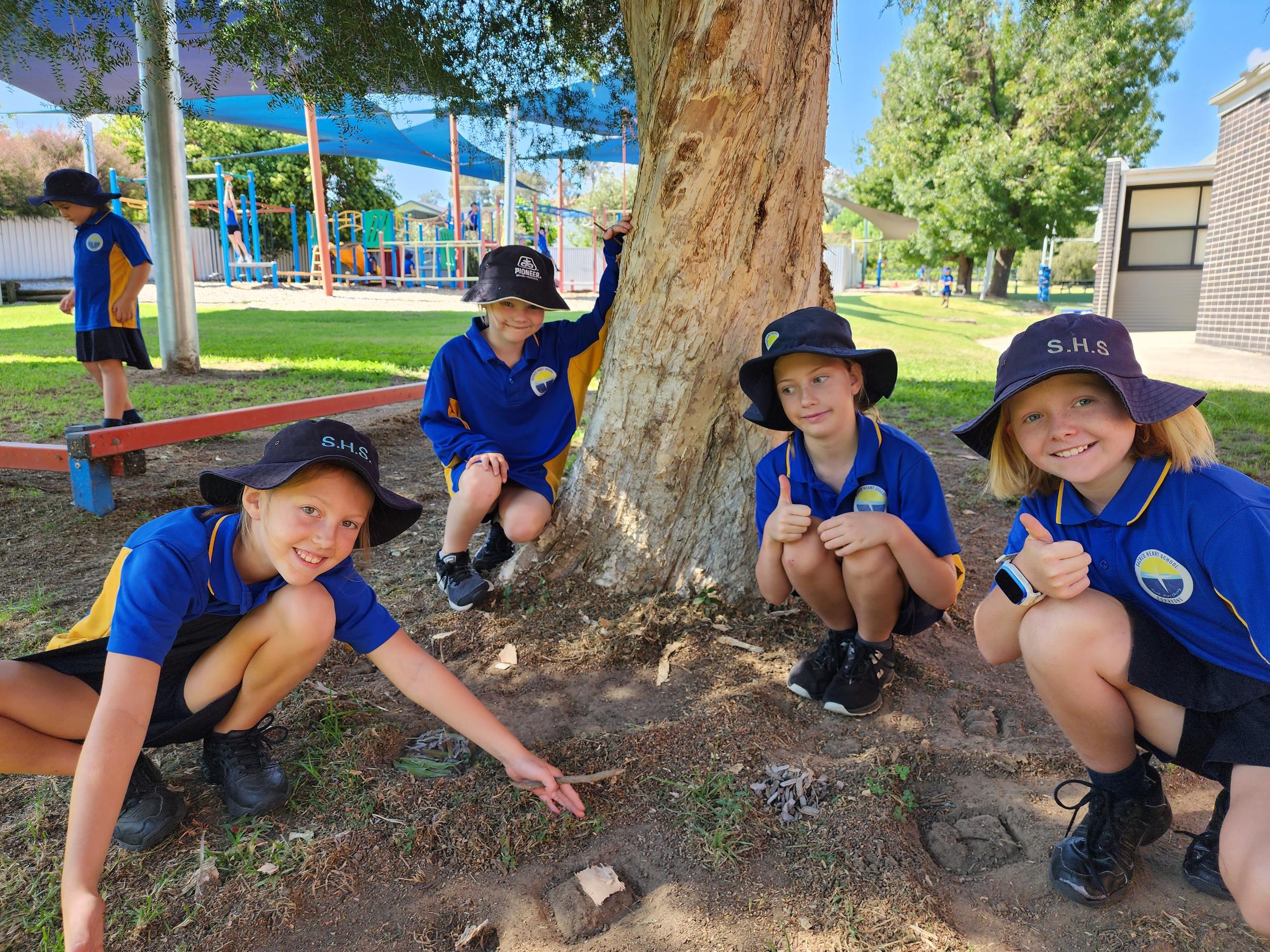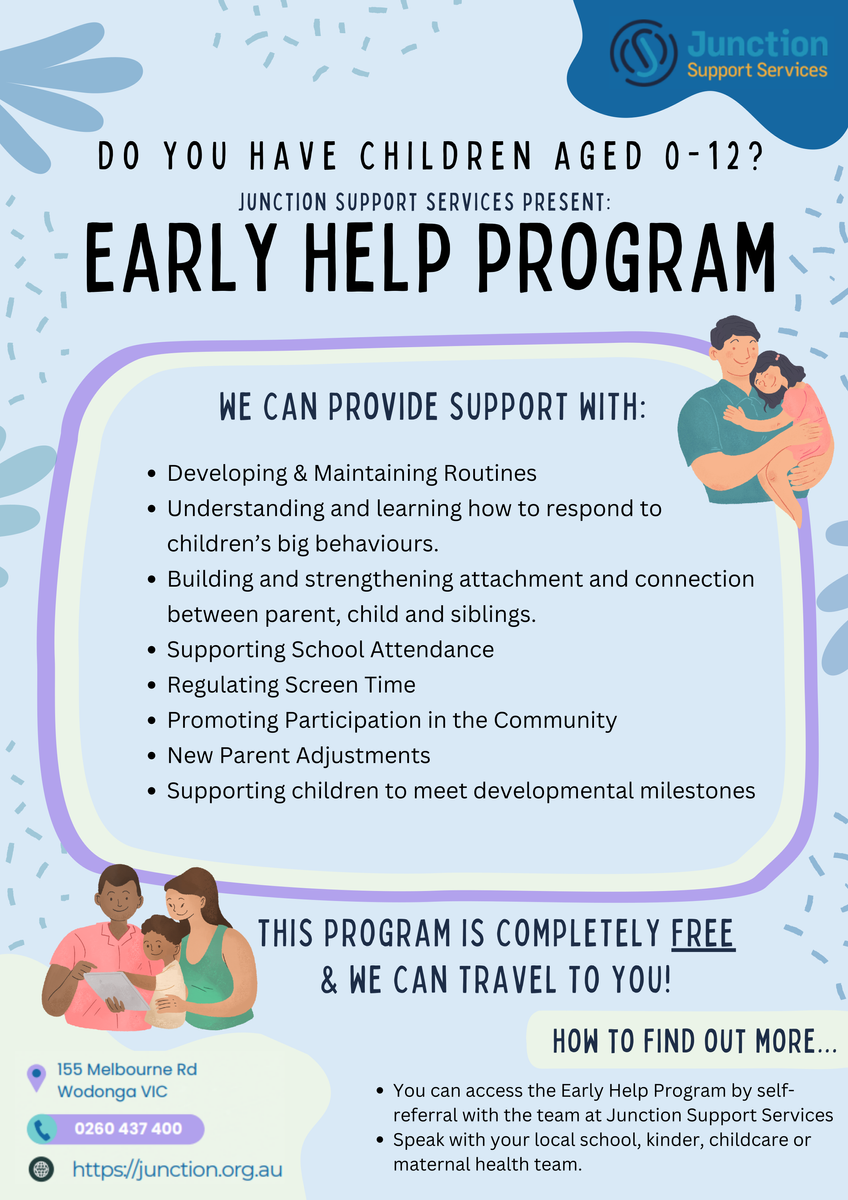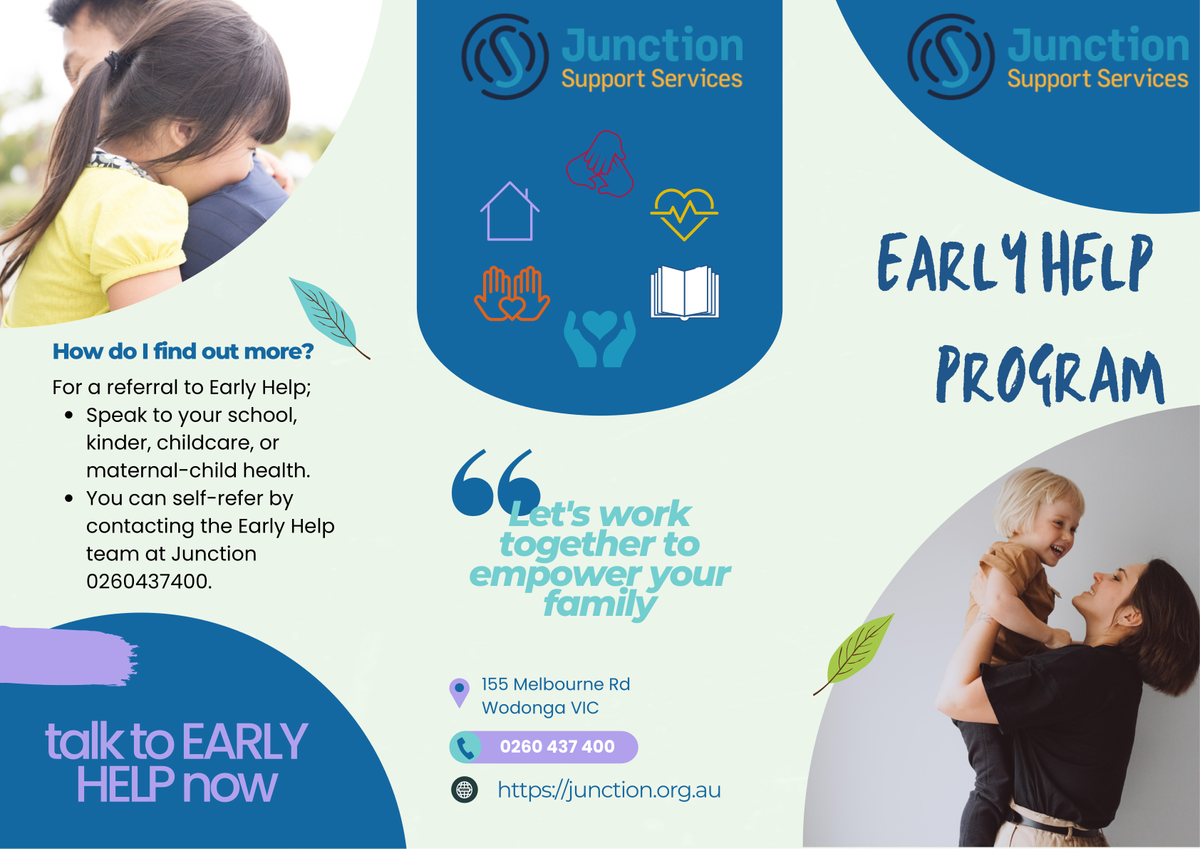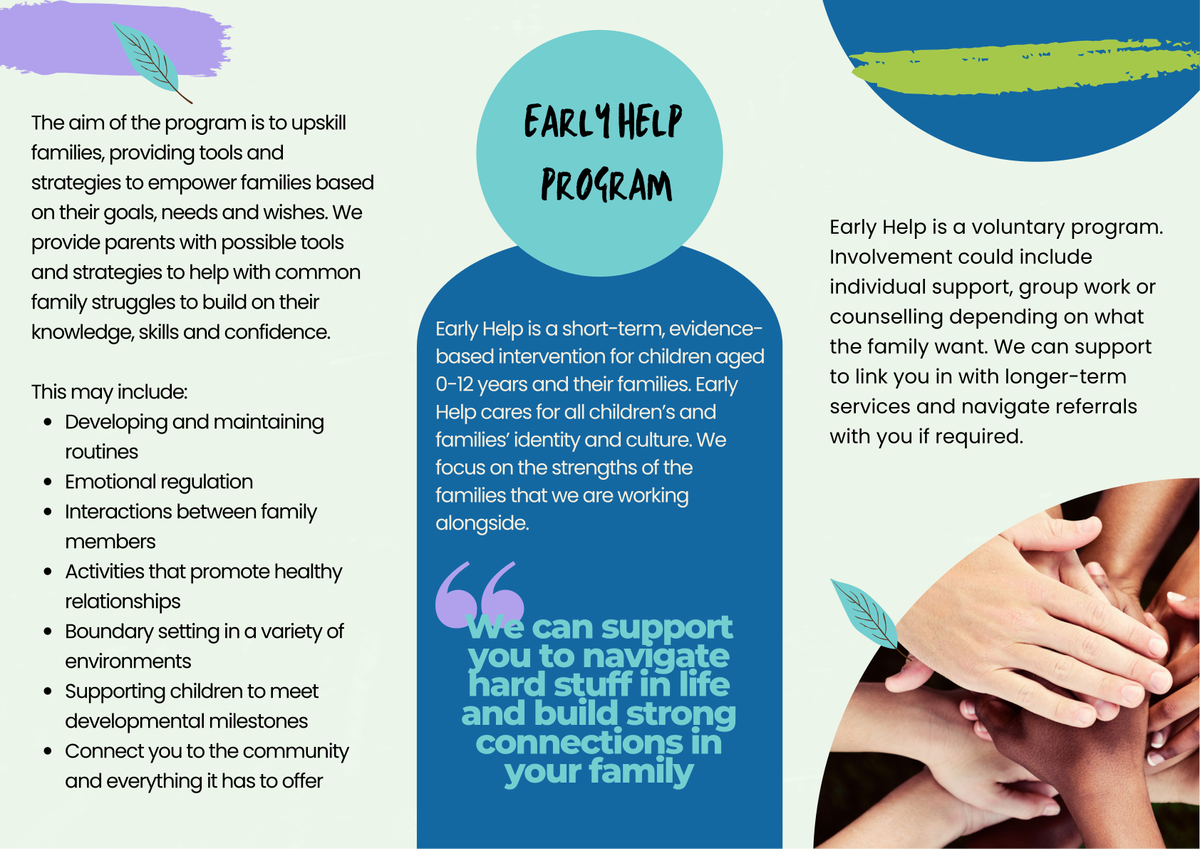Mental Health in Primary Schools (MHiPS)

Anxiety, worries and fear: a natural part of childhood
Anxiety is the feeling of worry or fear that something bad is going to happen. It’s also the physical reactions that go with the feeling, like ‘butterflies in the stomach’. And it’s behaviour like avoiding what’s causing the anxiety or wanting a lot of reassurance.
Anxiety, worry and fear are natural emotions.
It’s common for children to feel anxious, worried or afraid. In most cases, these feelings come and go and don’t last long. In fact, different anxieties, fears and worries often develop at different stages of development.
Babies and toddlers are often anxious about separation from you. They also fear things like loud noises, heights and strangers. But babies and toddlers don’t tend to worry in the way that older children do.
Preschoolers might start to show fear of being on their own and of the dark. But worry still isn’t common in this age group. If preschoolers do worry, it tends to be about things like getting sick or hurt.
School-age children might be afraid of supernatural things like ghosts, social situations, criticism, tests and physical harm or threat. Children over 8 years of age might worry about things like failure at sport or school, war, pandemics, the environment and family relationship
What to do when children are anxious
If you think your child is showing signs of typical childhood anxiety, worries or fears, you can support them in several ways:
- Acknowledge your child’s fear or worry, and let them know that most people feel anxious sometimes.
- Talk with your child about their worries.
- Gently encourage and support your child to face situations they’re anxious about, starting with situations that cause the least anxiety.
- Wait until your child gets anxious before you step in to help.
- Praise your child for doing something they’re anxious about.
- Avoid criticising your child for being afraid or worried.
- Avoid labelling your child as ‘shy’ or ‘anxious’.
- Make sure your child eats healthy food, does enough physical activity and gets the sleep they need. Good physical health is important for mental health.
Web link: Raising Children Network
Junction Support Services offer the Early Help Program for families with children 0-12 years old.
The aim of the program is to upskill families, providing tools and strategies to empower families based on their goals, needs and wishes. We provide parents with possible tools and strategies to help with common family struggles to build on their knowledge, skills and confidence.
This may include:
- Developing and maintaining routines
- Emotional Regulation
- Interactions between family members
- Activities that promote healthy relationships
- Boundary setting in a variety of environments
- Supporting children to meet developmental milestones
- Connect you to the community and everything it has to offer
Families can connect directly with Junction, or you can contact the school to find out more about how they might be able to help you from time to time. Attached is some information for you to read and use as part of the process when contacting Junction Support Services.
Contact me if you want to know more
Parents and Carers
Residents of Towong Shire are able to access resources for those farming businesses who are affected by drought. These resources are accessed through the Towong Shire Website.
I am drawing your attention to a few of the resources so that you can consider them and then go to Towong Shire website if you want to search further.
‘Look Over the Farm Gate’ mental health and wellbeing program
agriculture.vic.gov.au/farm-management/drought-support/mental-health-and-wellbeing-support
Victorian Government Drought Support.
Victorian Government Drought Support - Towong Shire Council
Managing Stress on the Farm
NCFH-Managing-Stress-on-the-Farm-Booklet-PRESS.pdf
Joe Quinn
Mental Health Wellbeing Leader



